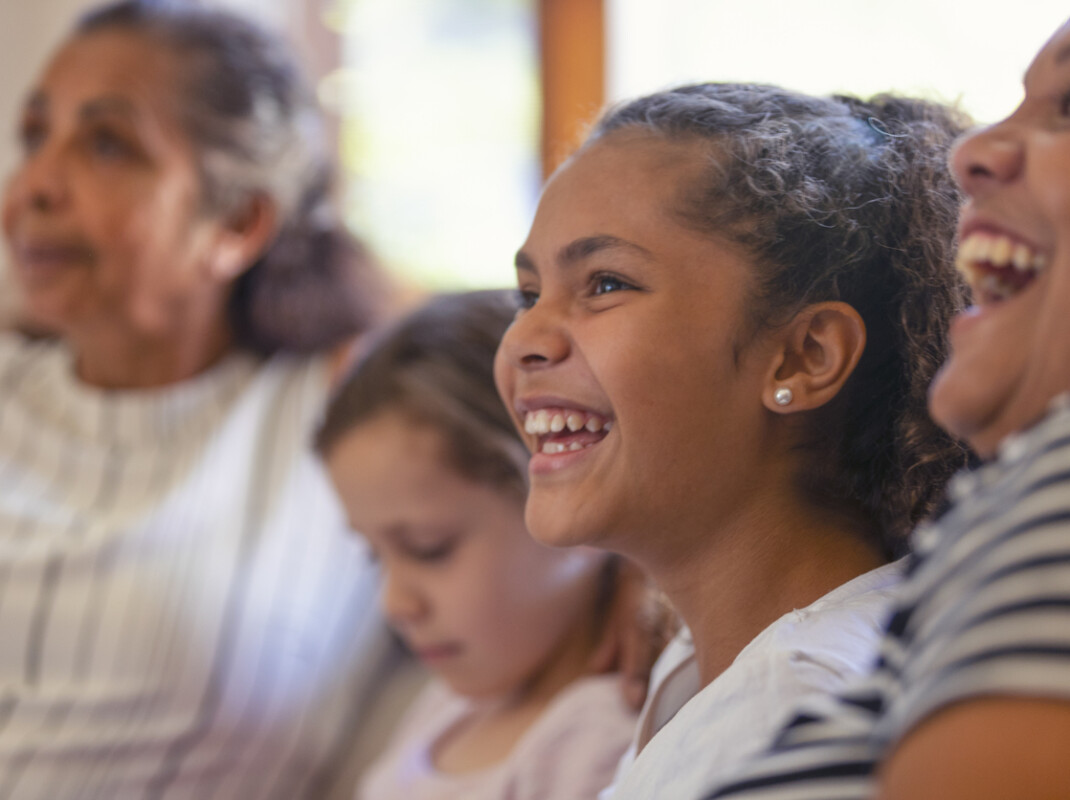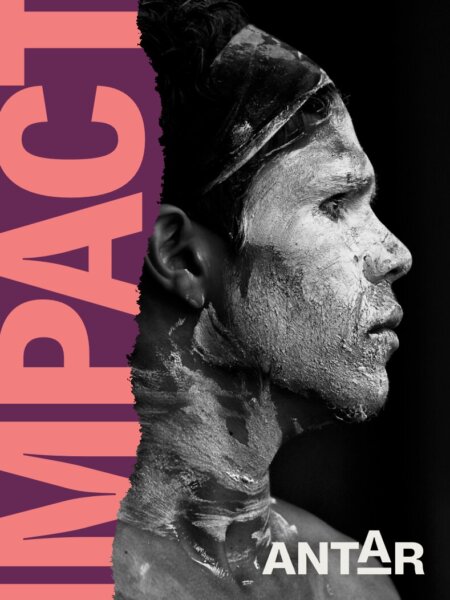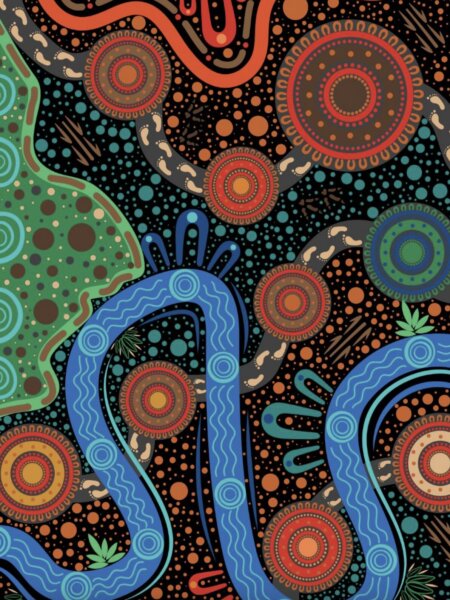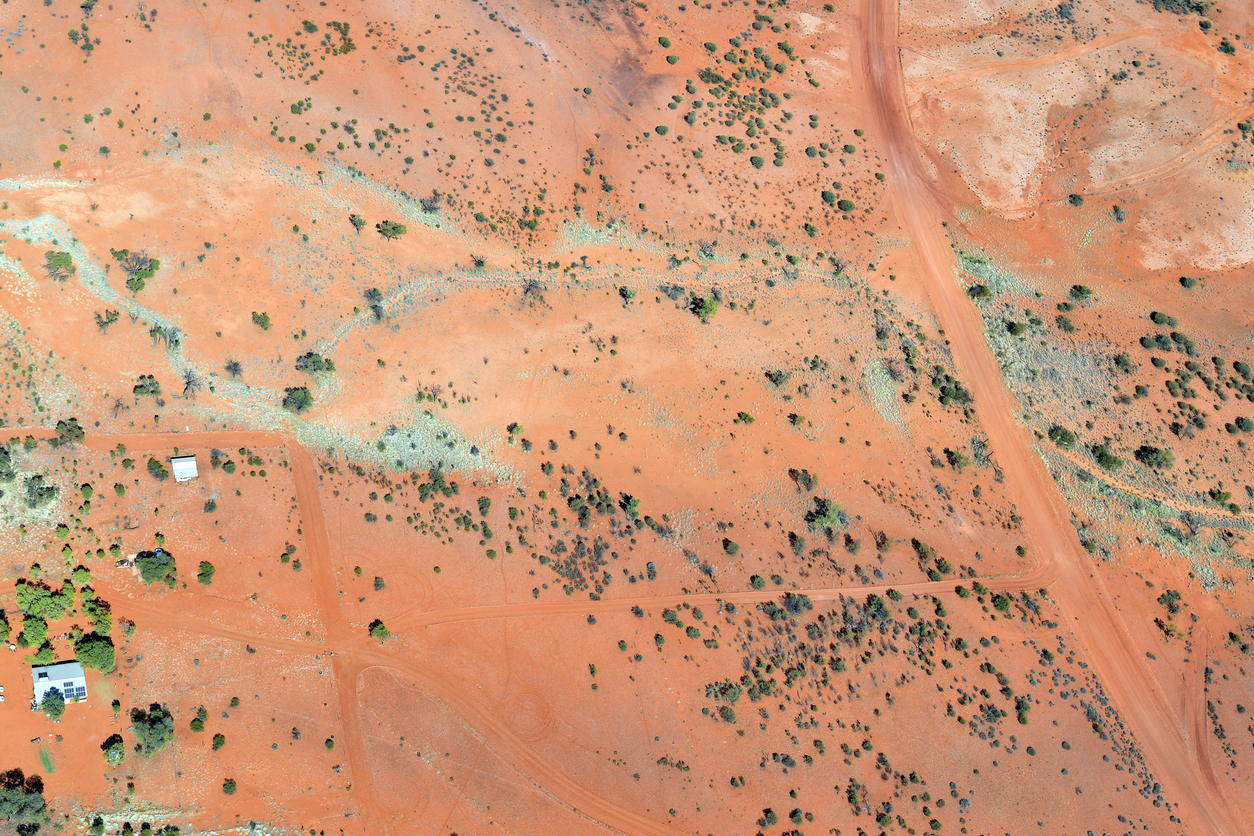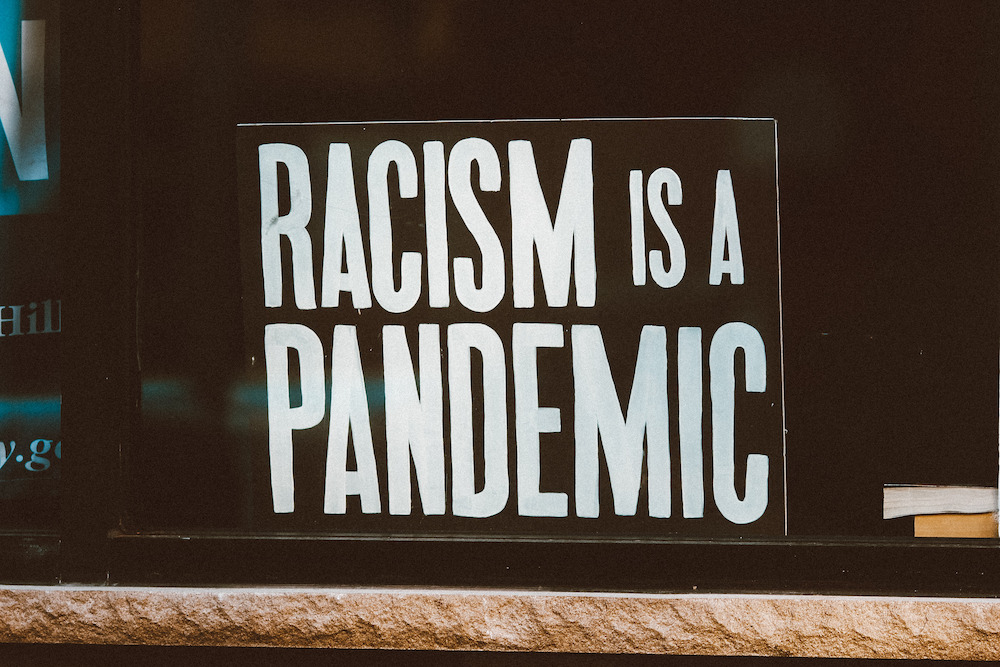Racism and racial discrimination are key determinants of health and wellbeing. This means that experiences of racism have a direct and profound impact on the mental, emotional, physical and spiritual health of individuals and communities, as well as their ability to seek support and care when needed. Racist beliefs and behaviours in health care systems and practitioners also result in assumptions and attitudes that lead to bias in the safety and quality of care being accessed by First Nations Peoples, leading to poorer health and life outcomes. What’s more, health care models in Australia continue to operate on a Western understanding of health and wellbeing, often ignoring or undermining Aboriginal and Torres Strait Islander beliefs, cultures, languages, ways of knowing and connection to Country and kin.
Studies show that the most common health outcomes associated with racism toward Aboriginal and Torres Strait Islander peoples are general poor mental health and poor general health perception, with experiences of racism also leading to anxiety, depression, asthma, increased BMI, smoking and sleeping difficulties. This is because racism causes changes in physiological activities, including long term changes to brain functioning and neural circuits, that lead to permanent changes associated with disease. Understanding racism through an intersectional lens also highlights the impacts of racism on reduced access or increased barriers to other important areas such as employment, housing, poverty and education, which can be understood as social determinants of health.
A Lowitja Institute study on the mental health impacts of racial discrimination in Victorian Aboriginal communities also indicated a strong link between racism and social exclusion, with two-thirds of First Nations participants reporting being told that they didn’t belong in Australia, that they should “go home”, or “get out”.
The constant and cumulative effects of racism toward Aboriginal and Torres Strait Islander peoples since colonisation has resulted in an unacceptable health equity gap, which the National Agreement on Closing the Gap seeks to address. Clear evidence of this gap can be seen in the statistics on life expectancy, with a reduced life expectancy of 8.6 years for Aboriginal and Torres Strait Islander males and 7.8 years for Aboriginal and Torres Strait Islander females when compared to the wider non-Indigenous Australian population.
Recent studies from Harvard University also illustrate the impacts of racism on child development, where systemic racism and everyday discrimination have been shown to activate the stress response in children, leading to chronic illness as well as lifelong effects on learning, behaviour and mental health. Babies can even bear the negative impacts of racism before they are born. Maternal exposure to racial discrimination has been associated with fetal exposure to excess cortisol, fetal HPA axis activation (a major neuroendocrine system that controls reactions to stress), and higher rates of low birthweight.
Racism also has a clear economic impact. For example, an estimate of health-care-related costs from racial inequalities in the USA over a four-year period was US$229 billion, along with a loss of $1 trillion due to lost productivity from illness and premature deaths. Similar work estimated that, from 2001 to 2011, racism cost the Australian economy 3 percent of annual gross domestic product.
The importance of truth-telling
Truth-telling and truth-listening processes are a crucial element to addressing the deep-seated prejudice that many Australians still hold toward the First Peoples of this continent, a peoples who possess the world’s oldest continuous culture.
Truth-telling – whether community-driven or state-led – works by engaging the wider public in processes of open dialogue and revealing truth that has previously been buried or silenced. This process facilitates deep listening to survivor memories and individual and collective stories of the impact that both previous and contemporary government policies and practices have had on individuals, families and communities.
In understanding how government policies and systems have shaped, and continue to shape, the way Australia perceives non-Western cultures, we begin to actively question biases and break down the structures which work to further marginalise individuals and communities. We are also asked to confront and rethink narratives and stereotypes that we have previously accepted, and to understand the systemic racism that is present in our society.
Deeply listening to the truth-telling of Aboriginal and Torres Strait Islander peoples can unsettle the foundational myths of our nation and begin the process of rebuilding our society based on justice, respect and self-determination. In this way, we build confidence in calling out racism where it becomes easier to identify and establish a zero tolerance approach.
